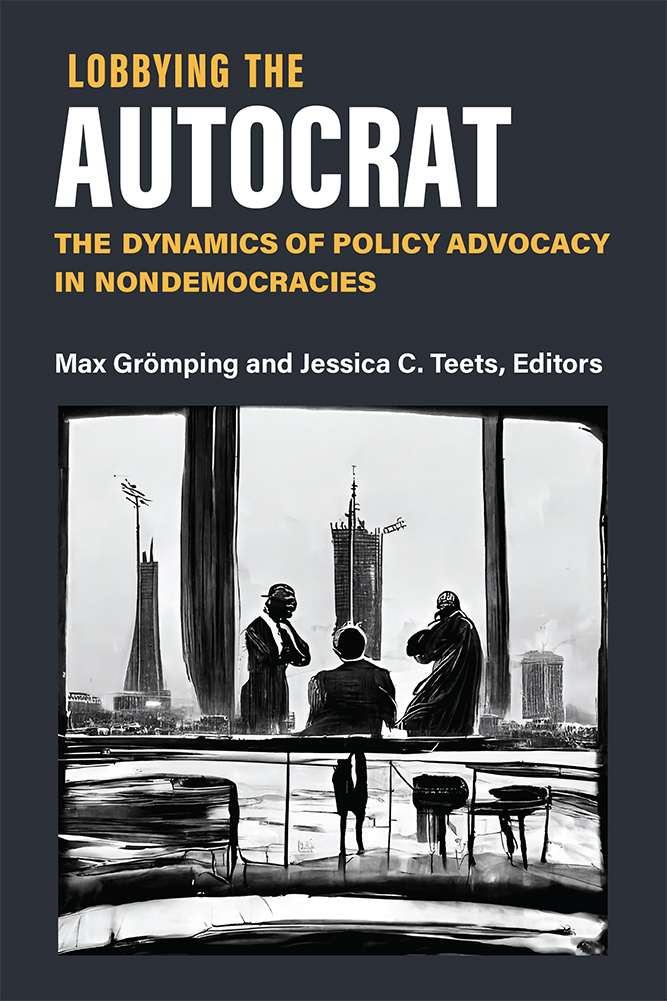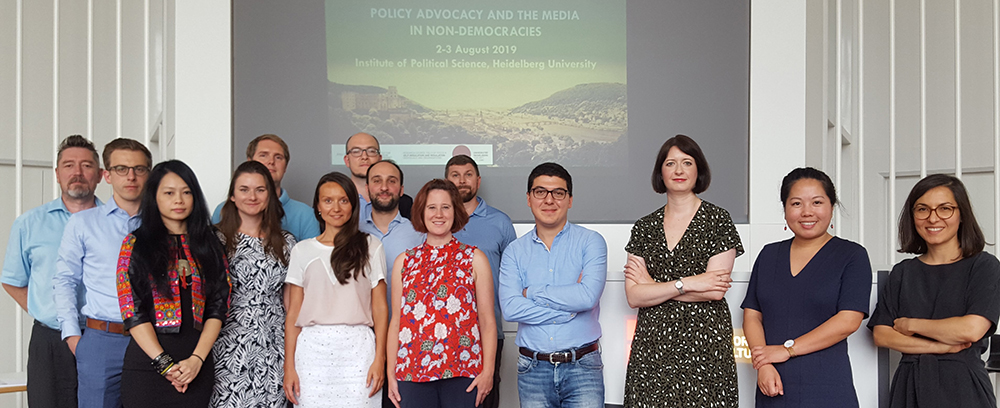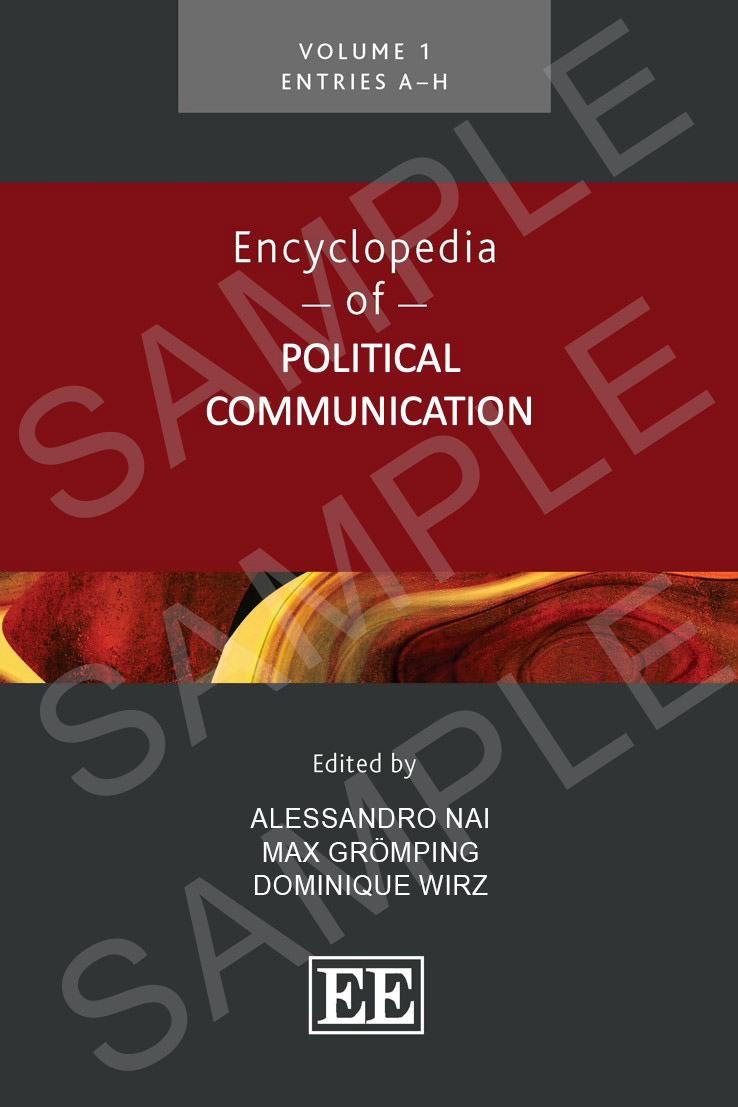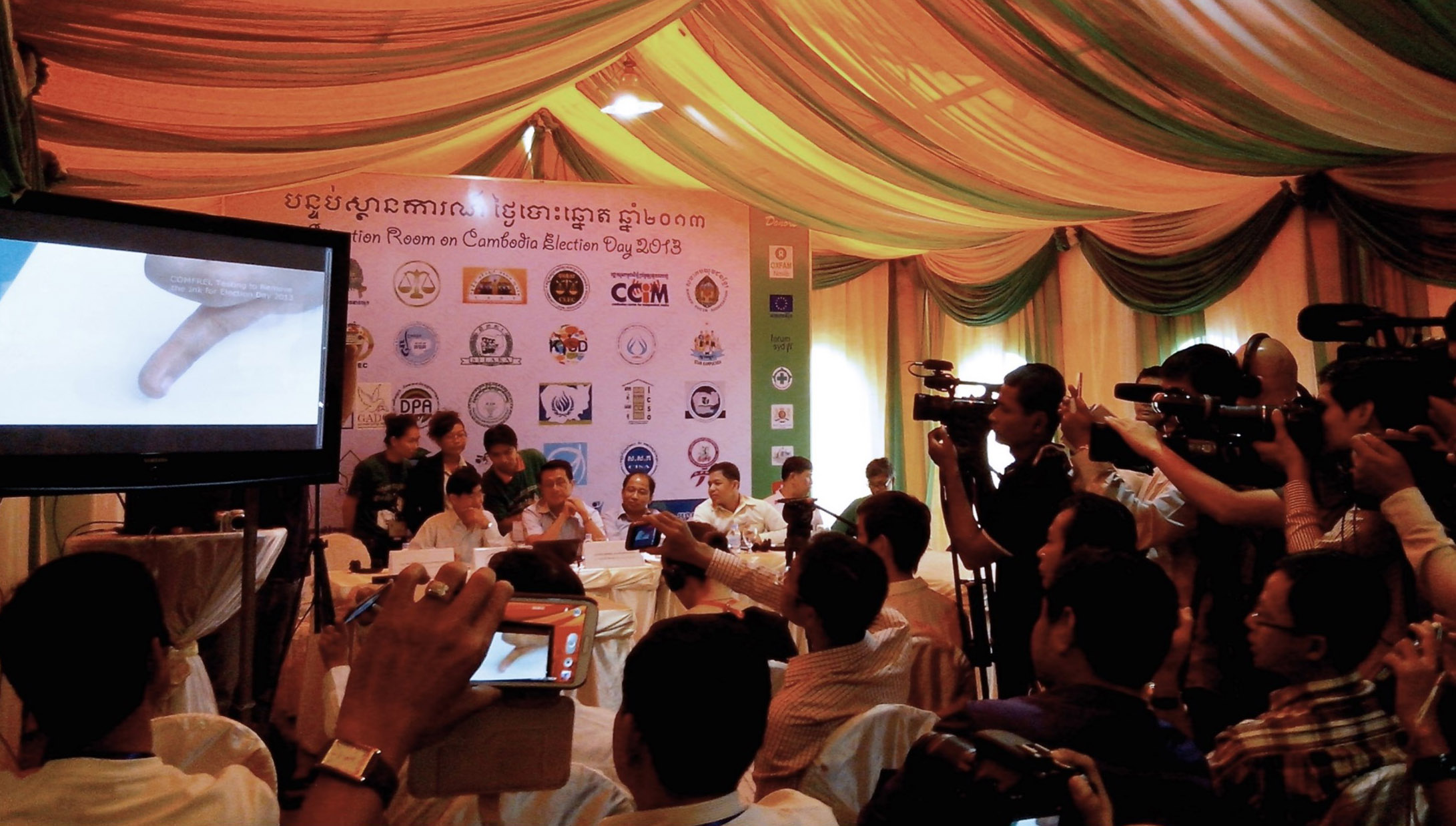Books
2023 – Lobbying the Autocrat
Lobbying the Autocrat: The Dynamics of Policy Advocacy in Nondemocracies. Edited with Jessica C. Teets. 2023, Ann Arbor,MI:University of Michigan Press.
[Buy here] [Flyer 30% off] [ Open Access version]
Open Access version]

Lobbying the Autocrat examines how advocacy groups lobby autocratic governments to achieve favorable policy outcomes, and when and why they are successful. Based on comparative case studies the volume theorizes that three conditions – access to policy making, information demands, and social control – structure the dynamics of policy advocacy under authoritarianism.
Read more
Despite an exclusive, controlled policy process and use of repression, lobbying by civil society organizations is a widespread phenomenon in authoritarian regimes. The diverse case studies analyzed in this volume identify three conditions originating from the structure of policymaking in authoritarian regimes that shape lobbying throughout all stages of influence production: access to policymaking, information demands, and social control. The resulting style of advocacy is in some ways similar to democratic contexts – for instance, fostering allies on the inside of the policymaking process, starting advocacy at the local level before scaling up, or changing the framing of an issue will likely prove productive for advocates in either setting. However, the conditions under dictatorship present grim and unique challenges – for instance, ever-changing policy red lines and endemic repression – that demand a level of adaptability from advocates not required in democratic contexts.
Consequently, authoritarian advocacy systems are simultaneously acutely constrained and surprisingly efficacious, given these constraints. They may not precipitate the same level of responsiveness and representation as democratic group systems; However, within the bounds of the three theorized conditions, adaptive lobbying may still facilitate localized responsiveness and representation – localized in a geographic, thematic, or temporal sense. This is far from trivial, as it relates to improved governance and potentially improved living conditions for citizens. In addition to expanding our theories of comparative authoritarianism to include society and building on the emerging informational autocracy literature, this volume’s theoretical framework creates a unifying foundation for future research on advocacy inside authoritarian regimes. In fact, scholars may reveal new lines of inquiry by not only adding more cases from authoritarian states, but also by comparing these explicitly to cases drawn from more democratic regimes. Variation in policymaker access, information demands, and patterns of social control might structure influence production more than regime type distinctions. These conditions thus constitute the building blocks of a theoretical framework of lobbying the dictator, focusing on the avenues for future research that may catalyze a new comparative research agenda on policy advocacy under authoritarianism.
Table of Content
- Lobbying the Autocrat: A Theoretical Road Map (Max Grömping and Jessica C. Teets)
- The Lobbying Demands of Autocratic and Democratic Leaders: A Comparative Perspective (Marcel Hanegraaff and Iskander De Bruycker)
- Between Pressure and Patronage: Navigating Legitimacy and No-Go Issues in Montenegro (Sanja Hajdinjak)
- Convergence and Divergence in Policy Topics among Think Tanks in China (Reza Hasmath)
- Transnational Activism under Autocracy: Environmental Advocacy Groups, Social Media, and Nationalism in Cambodia (Sokphea Young)
- Acts of Compliance and Tactful Contention: The Polarized Terrain of Women’s Organizations in Turkey under Authoritarian Pressure (Bilge Yabancı)
- Going Public: When do Human Rights Advocates Pursue Media Strategies? (Max Grömping)
- Political Resources and NGO Policy Advocacy Strategies in China (Hui Li)
- Policy Advocacy Strategies of Malaysia’s Electoral Reform Movement (Ying Hooi Khoo and Carmen Leong)
- Post-Soviet Policy Entrepreneurs? The Impact of Nonstate Actors on Social Service Reform in Russia and Belarus (Eleanor Bindman and Tatsiana Chulitskaya)
- Land Lobbying and Mobilization: Civil and Uncivil Society in the 1990s in Zimbabwe (Kirk Helliker, Sandra Bhatasara, and Manase Kudzai Chiweshe)
- Delivering on Legitimation Claims: Creating Consultative Mechanisms for CSOs in Authoritarian Regimes (Angelo Vito Panaro)
- Toward a Theory of Lobbying under Authoritarianism (Max Grömping and Jessica C. Teets)
Podcast
Lowy Institute Conversation with Jennifer Hsu (23 Jun 2023)
Roundtable
Roundtable discussion at the Weiser Center for Emerging Democracies (25 Jan 2022)
Workshop
The workshop on “Policy advocacy and the media in non-democracies”, held on 2-3 August 2019 at Heidelberg University provided the seed for this book project, and an immense gratitude is owed to all participants for their valuable intellectual contributions. Generous funding was provided by the Fritz Thyssen Foundation and Heidelberg University’s Field of Focus 4.

Heidelberg, 3 August 2019. From L-R: Aurel Croissant (Heidelberg University), Bert Fraussen (Leiden University), Khoo Ying Hooi (University of Malaya), Sanja Hajdinjak (University of Vienna), Florian Weiler (University of Basel), Emina Popovic (Charles University, Prague), Max Grömping (Heidelberg University), Angelo Vito Panaro (Scuola Normale Superiore), Jessica Teets (Middlebury College), Orion Lewis (Middlebury College), T. Murat Yildirim (University of Stavanger), Eleanor Bindman (Manchester Metropolitan University), Huil Li (University of Hong Kong), Eda Keremoglu (University of Konstanz).
Forthcoming 2025 – Encyclopedia of Political Communication
The Edward Elgar Encyclopedia of Political Communication. Edited with Alessandro Nai and Dominique Wirz. Forthcoming 2025, Cheltenham:Edward Elgar Publishing.

The Elgar Encyclopedia of Political Communication is forthcoming in 2025, and edited with Alessandro Nai (University of Amsterdam) and Dominique Wirz (University of Amsterdam). It will cover the vast field of political communication in all its aspects and dimensions, from election campaigns to news and journalism, interpersonal communication, social media usage, the psychology of information processing, disinformation, and more.
There are currently more than 420 confirmed entries by more that 580 authors from all five continents. Read a full list here.
Book project – Election Watchdogs
Election Watchdogs and the Limits of Human Rights Advocacy.

In this project, I theorize and investigate empirically how citizen election watchdog groups mobilize and lobby to safeguard election fairness, and under which conditions they achieve success. I draw on a novel dataset on more than 1,000 election watch groups in 118 countries, and use theories and methods from political communication and interest group studies that have not previously been applied to study issues of electoral integrity to argue that lacking access to policymaking and the media arena put severe limits on what these watchdogs can achieve. Nevertheless, adaptive and persistent lobbying may offset these structural constraints and allow surprising gains in electoral integrity.
Read more
In times of rampant information disorders, competing claims to the truth by dominant political actors draw into doubt many issues of public interest, undermining citizen trust in political systems and processes. One crucial battleground of competing claims are elections. It has become common practice for electoral losers – and sometimes winners – to raise doubts about the legitimacy of the contest, or make claims of electoral malpractice.
This development is highly concerning. Elections are not just any public interest issue. They mediate contests for political power by measuring the public’s consent for alternative actors. Any doubts about their procedural integrity not only undermine the legitimacy of a particular government, posing serious risks for stability; these doubts strike at the heart of citizens’ trust in their political system, exacerbating cynicism, and threatening to weaken political participation. What is more, while claims about electoral malpractice are sometimes levelled in elections that are indeed deeply flawed– where citizens certainly should be highly concerned – equally often, false claims are made in contests that are actually fair. How are citizens to know the difference?
Scholars and practitioners alike place great hopes in citizen-based election watchdog groups as arbiters of electoral integrity. They are seen as ideally placed to witness any wrongdoings, expose these in an impartial manner, and recommend the necessary reforms. Financial support for election monitoring groups is a major growth area of international aid, based on an expectation that the presence of such civic initiatives will improve election quality in the long run. Despite this level of policy confidence in election watchdogs, there is little systematic study of where, why, and how citizens organize to safeguard elections in the first instance. In studies that do examine election monitors, there exists no agreement about the causal mechanisms by which monitors would strengthen elections. As such, they fail to explain why some groups achieve desirable outcomes but the majority do not.
In this project, I argue that public attention is the crucial resource and necessary condition for election watchdogs to effectively expose electoral malpractice or to dispel wrongful claims about it. What is more, without attention, their lobbying efforts for better electoral laws remain fruitless. Bottom-up movements and human rights groups have been successful in building agendas in a range of issue spaces, sometimes leading to quite rapid policy change and entrenchment of human rights norms. An inability of election watchdogs to attract public attention explains why similar successes have not materialized in the policy area of electoral integrity.
In further unpacking the causes of ineffective attention-getting, I posit a two-fold argument: First, that macro-institutional opportunity structures outside groups’ control put clear limits on their advocacy. Specifically, disregard for associational rights, and repression of media freedom put watchdogs on a leash. Second, within the confines of these constraints, groups themselves still can and do employ shrewd organizational strategies to gain access to the media or policymakers. The sweet spot lies where a modicum of opportunities coincides with smart organizational forms and strategies. In these rare instances, the full potential of election watchdogs is unleashed.
This argument is built upon a solid foundation of original empirical research, incorporating both quantitative and qualitative analysis. The book develops the first systematic and globally comparative dataset of domestic election monitoring and advocacy initiatives, encompassing 1,176 groups in 118 countries. It measures attention to these groups in offline and online public spheres, their organizational characteristics, and advocacy strategies, based on a comprehensive organizational survey, news content analysis, digital trace data, and in-person interviews with activists. In addition, the study draws on existing datasets to track opportunity structures for human rights advocacy, and to measure the quality of elections. This enables a truly comparative scope of analysis, covering new and established democracies as well as a variety of authoritarian regime types.